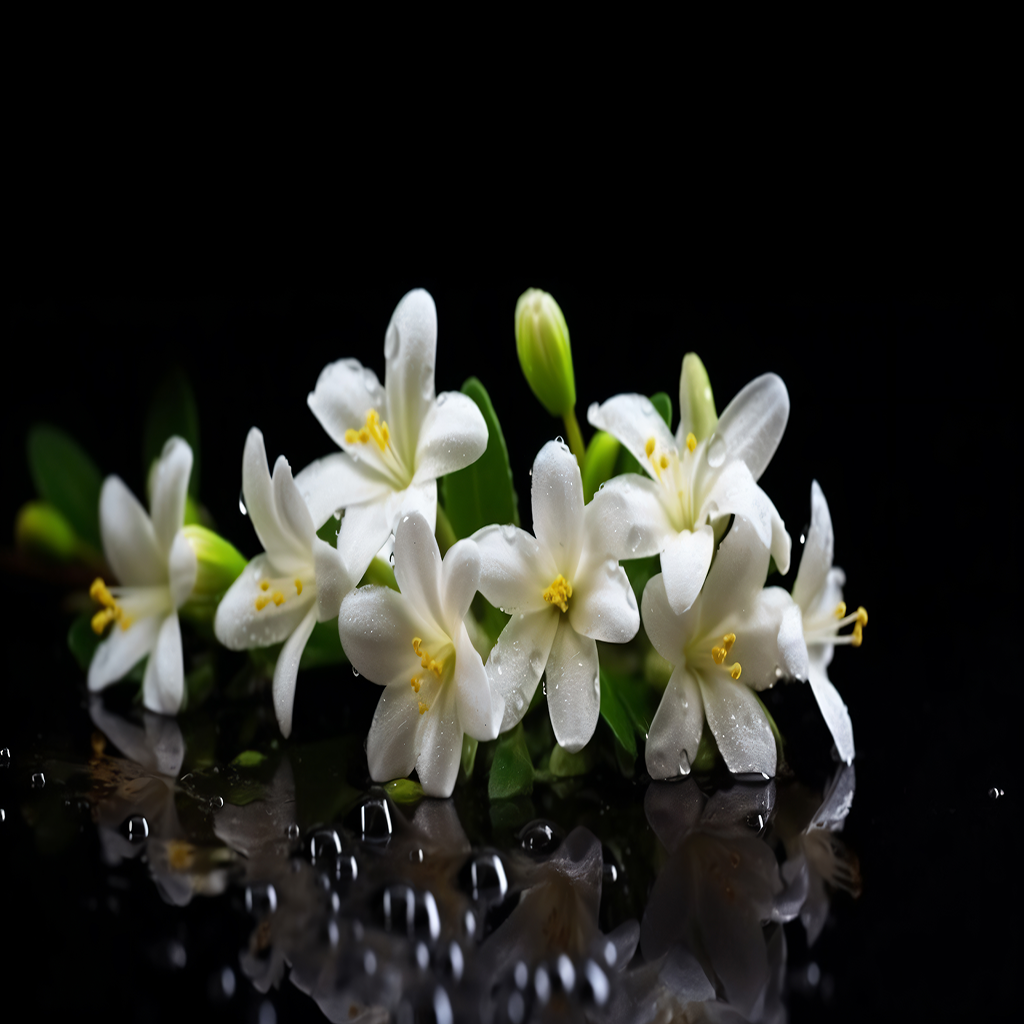Body care
Food
Clothing
Literature

Home Grown
Health & Immunity
Hey Buddy, Here is the way you can login, If you have an account with us already!!
Hey Buddy, You can join with us to provide your information for simple registration!!


Parijat, also known as "night-flowering jasmine" or "tree of sorrow," is a flowering tree that is native to South Asia and Southeast Asia. It is highly regarded in Ayurvedic medicine and has been used for centuries for its therapeutic properties. Parijat is believed to have originated in the Himalayan region of Nepal and India. It is now found throughout South Asia and Southeast Asia. In Ayurvedic medicine, Parijat is known for its cooling and calming properties. It is used to treat a variety of conditions, including fever, inflammation, skin disorders, menstrual disorders, and digestive issues. History of Parijat in Hinduism: Lord Krishna is said to have brought the Parijat plant from heaven to earth. It is believed that the Lord planted the tree in such a way that at the dawn of the day, the beautiful fragrant flowers showered onto his lover Rukhmini’s courtyard – a symbol of his intense love for her. The fragrant flowers from the Parijat plant are also known for their purity and are often used as sacred temple offerings to the Gods and Goddesses. Their enchanting fragrance uplifts one’s mood throughout the day.
Parijat is often grown as an ornamental tree and is highly valued for its fragrant, white flowers, which bloom at night and fall to the ground by morning. The flowers are used in religious ceremonies, perfumes, and as a natural dye.
Parijat is often grown as an ornamental tree and is highly valued for its fragrant, white flowers, which bloom at night and fall to the ground by morning. The flowers are used in religious ceremonies, perfumes, and as a natural dye.
While Parijat is generally safe to use, there are some potential side effects to be aware of. The leaves and flowers can cause skin irritation in some people, and the tree is not recommended for use during pregnancy or breastfeeding. As with any herbal remedy, it is important to consult with a healthcare professional before using Parijat for medicinal purposes.
Kripa Grilled Chilli Cheese Ingredients 4…
Golden Turmeric Ingredients 1 cup milk…
Masala Chai Ingredients 4 teaspoons Kripa…
Lassi (Yoghurt Smoothie) Lassi is a…